“When we witness one another, we are able not only to imagine but also to produce alternate futures and ways of being together.” — Rubén A. Gaztambide-Fernández
Building trust and relationships across difference is key to decolonizing theatre and building arts spaces that are of and by their communities. Many community development and audience engagement strategies aim to do this critical work. However, the way we come to these practices is often with a history and language steeped in seeing groups as “other,” devoid of closely shared connection. Two often-used buzzwords to identify privileged individuals working to decenter themselves are “ally” or “accomplice.” These labels, while well intentioned, run the risk of becoming passive identities—in other words, “I’m a good person.” This reinforces what London School of Economics professor Lilie Chouliaraki would call “a practice of voyeuristic altruism that reproduces the moral distance between us and them.”
So, how can we develop language that encourages the active dismantling of the distance between a perceived “us” and “them”?
In our own artistic work over the past five years—we’re both theatremakers—we have found an alternative language and practice that accurately describes a way of being together in reciprocity across difference. Over the course of several projects, we eventually realized we had built a radically trusting relationship, in spite of the Native and non-Native histories we have inherited (Ronee is Laguna Pueblo and Cherokee, while Annalisa is not Native). Working in the spirit of witness allowed us to rapidly close the distance between us as collaborators.


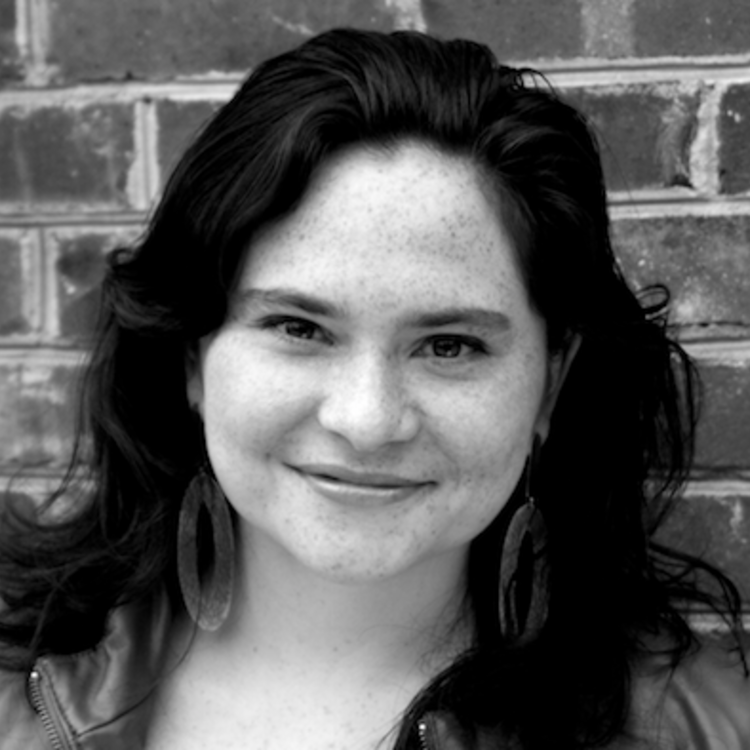
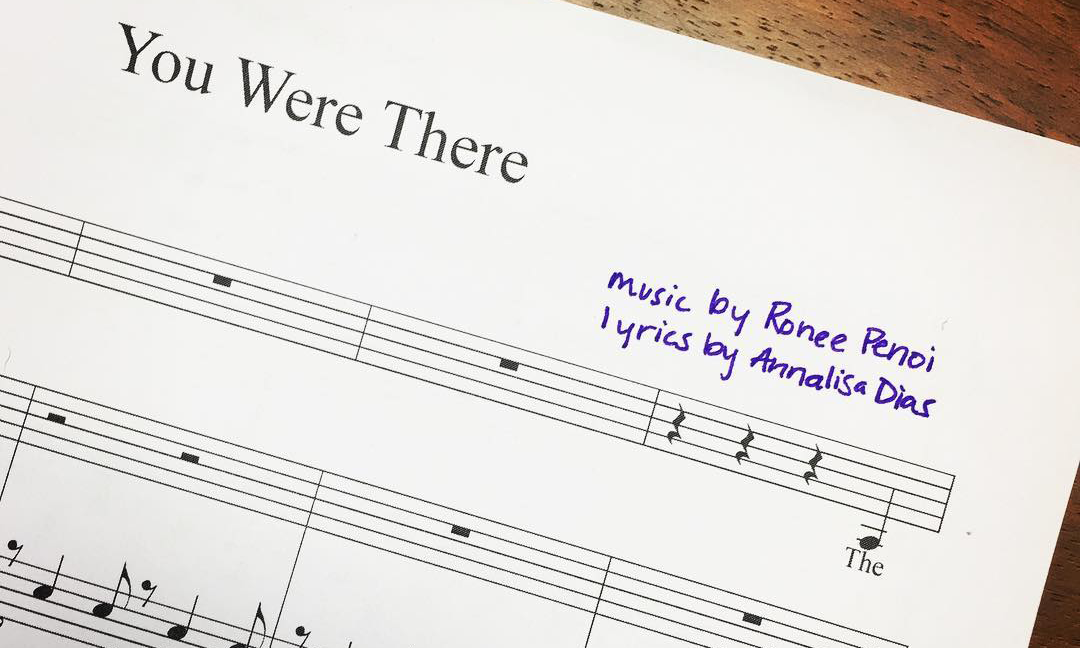
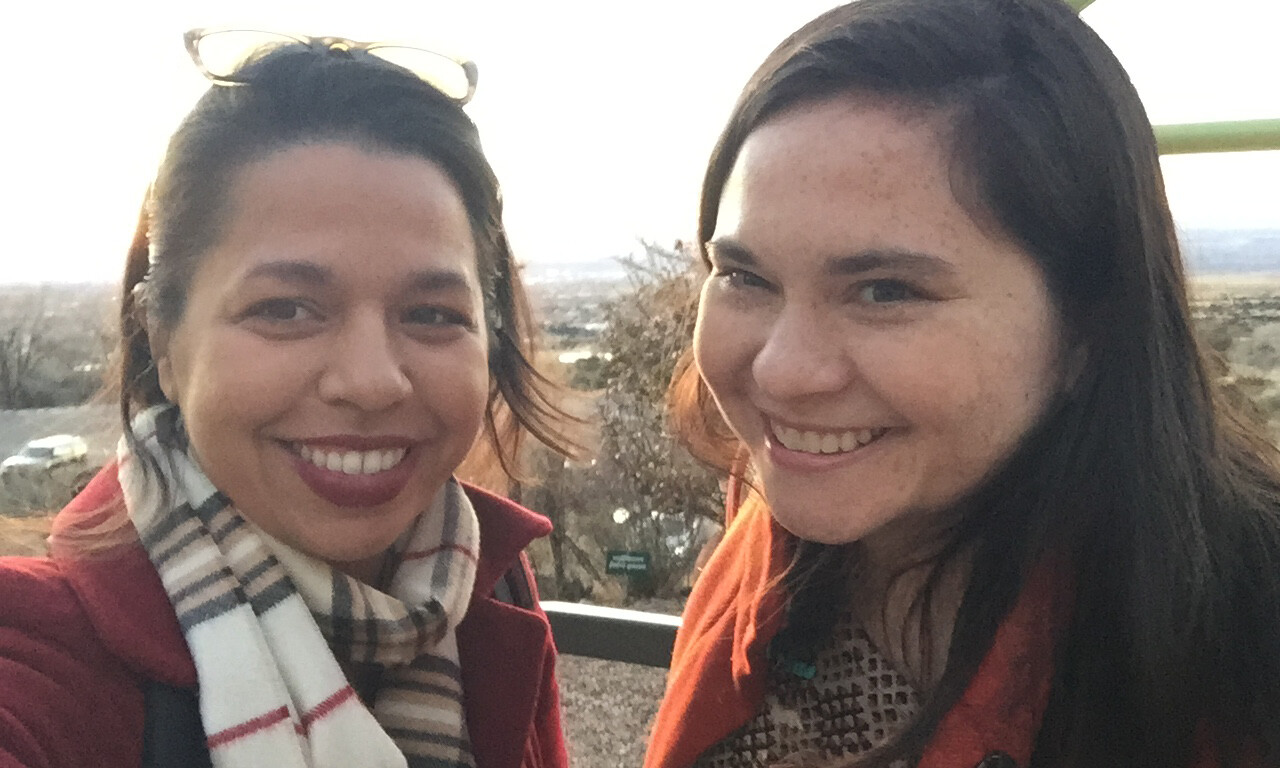
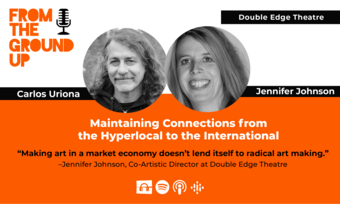



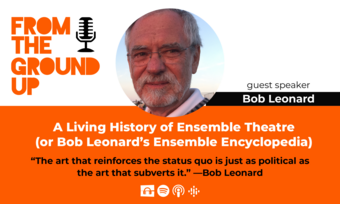

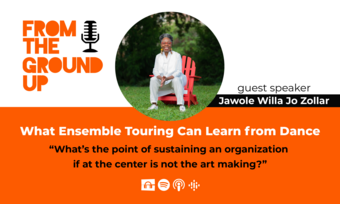

Comments
The article is just the start of the conversation—we want to know what you think about this subject, too! HowlRound is a space for knowledge-sharing, and we welcome spirited, thoughtful, and on-topic dialogue. Find our full comments policy here
Thank you for this thoughtful and clarifying article. Well done you! I have resisted the term ally for years, I just couldn't settle into the distancing nature and the "us vs them" reality of it. Your language, your understanding, is crucial and freeing. Thank you. We are truly all connected, and what you bring is different from me, you make me larger. We. Become new.